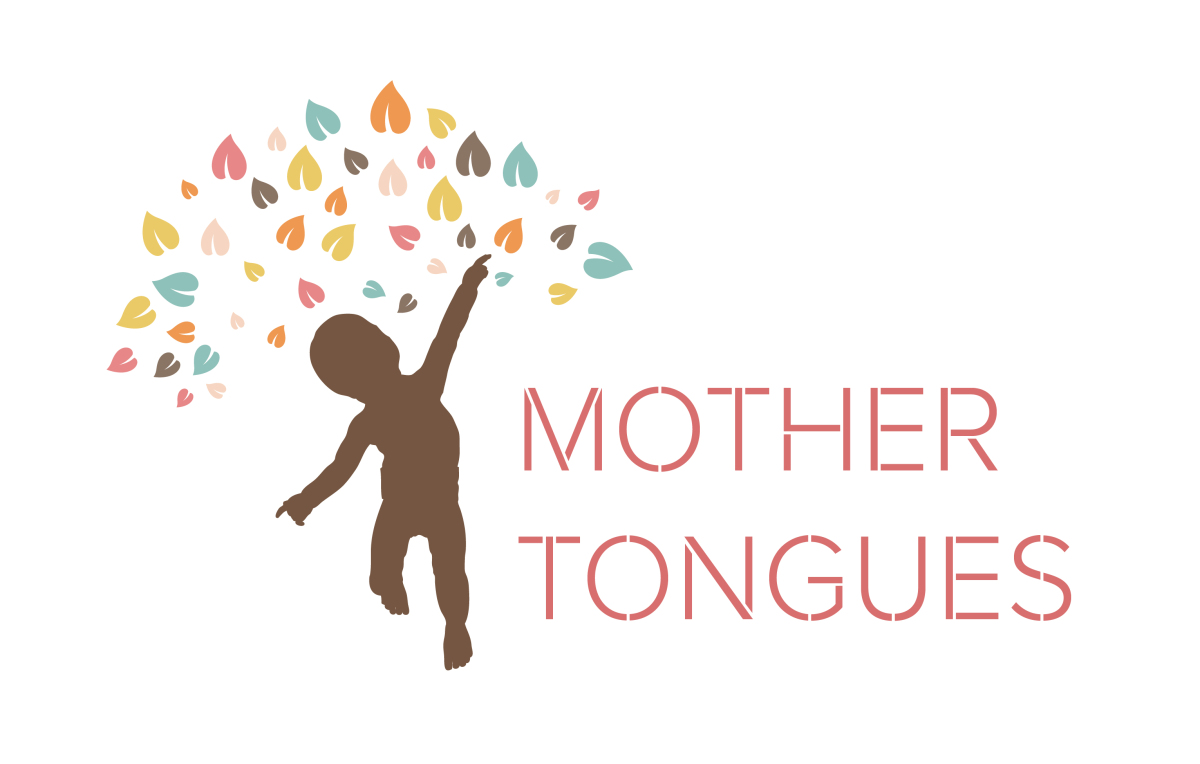- Falling grades
- Not sleeping enough, feelings of fatigue
- Free-time is used almost exclusively for playing video games
- Irritability when not playing video games
- Neglect of hygiene
- Disinterest in other activities
- Increased anxiety
Should parents ban video games in Kenya?
a) Yes! Rein in on Video gamesb) No. Let kids explore.C) I'm on the fence— KenyaBuzz (@KenyaBuzz) September 6, 2021





